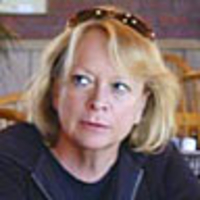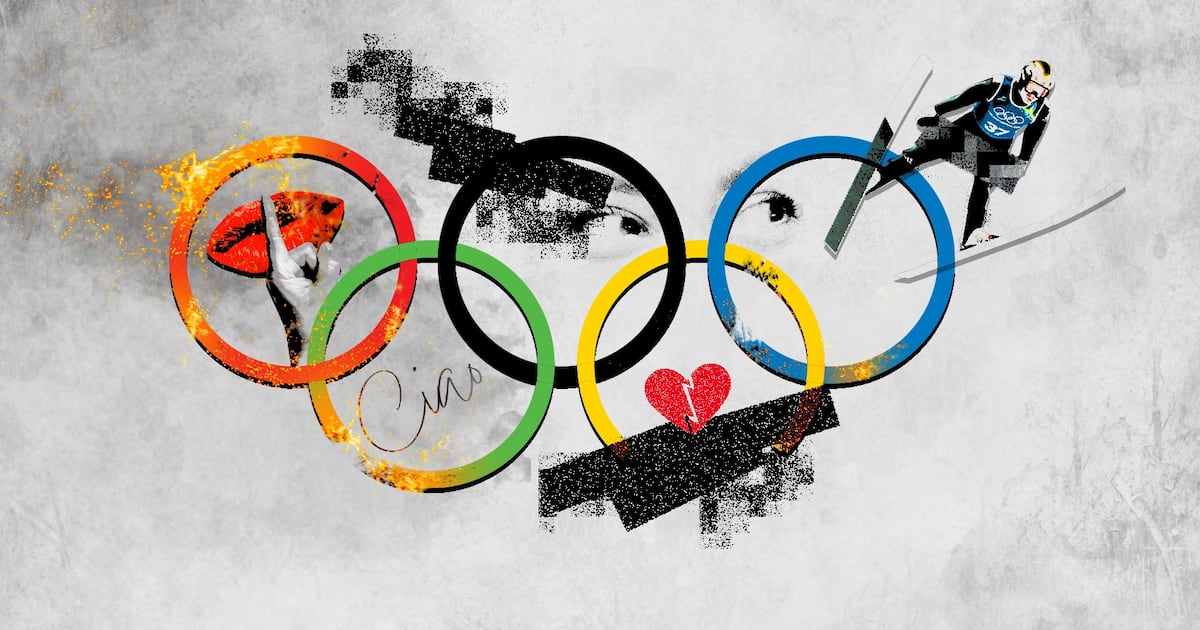We Live in WaterBy Jess Walter

Jess Walter, who is revered for his novels (Beautiful Ruins, The Financial Lives of Poets, The Zero), shows a gritty side in these clear-cut stories set in the West—Seattle, Portland, Las Vegas, Idaho, and his hometown, Spokane, Wash.
Many are soliloquies from the marginal among us. “Anything Helps” begins, “Bit hates going to cardboard.” But Bit—short for Bittinger—needs nearly $30 to buy the new Harry Potter book for his 13-year-old son, who’s been fostered out while Bit seesaws between the “Jesus beds” and his cravings. “It feels weird; more than a year since he’s had to do this,” he muses as he sets up his sign on a street corner. “You think you’re through with some things.”
In “Wheelbarrow Kings,” two Spokane tweakers are suckered into trying to pawn an obsolete big-console projection-screen TV. The owner has traded it in for a 55-inch HDTV which, the narrator says, “is sharper than your eyes … Life ain’t that real.”
The title story follows a San Francisco lawyer in search of his father, a roamer from Montana who fought in World War II, gambled at roadhouses, and disappeared when he was 6. The only clues Michael has are a newspaper clipping, a note to his mother written on the back of a betting slip, and a vague memory of a blue-lit aquarium. Walter alternates between the father’s point of view in 1958, when the son is with him, and the son’s in 1992. Each word is perfectly placed.
Walter’s semi-serious ode, “Statistical Abstract for My Hometown of Spokane, Washington” (“In Spokane it doesn’t matter where you live, or how big your house is—you’re never more than three blocks away from a bad neighborhood”) brings his first story collection to a smashing end.
RevengeBy Yoko Ogawa, translated by Stephen Snyder

This deliciously dark new collection should bring new fans to the prolific Japanese author Yoko Ogawa, who is best known in the U.S. for Hotel Iris, The Housekeeper and the Professor, and The Diving Pool, which won the 2008 Shirley Jackson award. Revenge focuses on solitary individuals who seem just a bit off, and the eerily observant witnesses to their bizarre behavior. A writer whose irritable landlady, Old Mrs. J., brings her fresh vegetables, including a carrot in the shape of a hand, discovers the woman has murdered her husband and buried him in the garden. The curator of a torture museum leaves a shocking bequest to a distant nephew he once fitted for an iron brace. A man is lured into a fatal obsession when he is hired to make a sealskin bag for a woman born with her heart outside her body. “From up close the sinews and folds of muscle seemed to conceal a mysterious code,” he muses.
Read these 11 carefully calibrated creepy stories in order for the full effect. Ogawa interlinks them so intricately that part of the pleasure is discovering the echoes as one character bleeds into the next story, and a murder considered in one story is reported in another. Images recur as Ogawa builds horror from a truckload of spilled tomatoes, the painting of a dolphin in a swimming pool, a dying Bengal tiger. The final story circles back around to “Old Mrs. J,” quoting that story’s description of an orchard of kiwi fruits: “The kiwis … grew so thick that on moonlit nights when the wind was blowing, the whole hillside would tremble as though covered with a swarm of dark-green bats.”
I Want to Show You MoreBy Jamie Quatro

Phone sex takes on new meaning in this first collection of linked stories that delve into sex, death, religion, and marriage. Most deal with a woman who cheats on her husband without laying a finger on the other man. She obsesses about him between regular phone dates, sends him emails, texts, and recordings of her voice created using GarageBand, the whole new, modern mess.
In “You Look Like Jesus” she emails him nude pix she’s taken from her laptop:
“I want to show you more, I said. “He was silent. Then: So far, we haven’t done anything we couldn’t tell our spouses about.” “I know.”
She feels guilty about her lust but she can’t stop thinking about him. She even meets his unsuspecting wife, once, in a brief story called “Imperfections.” In “Caught Up” she confesses to her mom. In “Decomposition,” a surreal story in which the lover’s body materializes in her marital bed, she confesses to her husband and her pastor, who compares her with Jacob. “You have wrestled with God and overcome,” he says. “But make no mistake: those who wrestle come away wounded.”
Most of Quatro’s stories are set in the area around her hometown, Lookout Mountain, Georgia, only miles from Tennessee. “Two states, one town,” notes the narrator of “Georgia the Whole Time,” a woman given a diagnosis of stage IV melanoma eight months before moving there from Phoenix. “Population, just over five thousand. The two-state thing was a selling point with the kids. ‘You can trick-or-treat in Georgia and Tennessee,’ we told them.” Her family visits the Civil War battlefield where you can buy nature souvenirs on the Georgia side, rebel regalia on the Tennessee side.
“On Holy Ground” follows a woman who leaves her family in “rich people territory” and jogs down the mountain to “help the poor.” Instead, she finds comfort among the faithful and forthright women at a Baptist shelter. “She runs, long and far,” Quatro writes. “And she finds out what, in all her life, is waiting when she goes back.”






